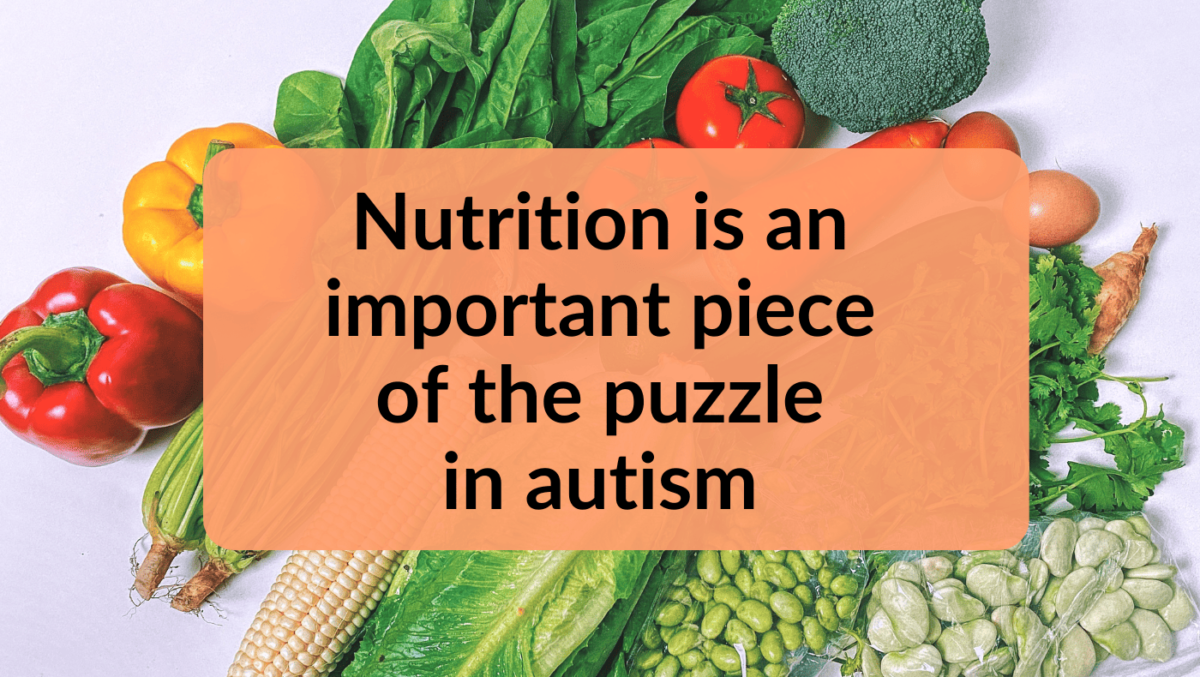Nutrition is not just about fueling the body; it’s about nourishing the mind, body, and soul. For individuals on the autism spectrum, nutrition plays an even more critical role, impacting everything from behavior to overall well-being.
In this article, we’ll explore the common nutritional challenges faced by individuals on the autism spectrum, and practical strategies for navigating them.
Food Selectivity
One of the primary nutritional challenges in autism spectrum disorder (ASD) is food selectivity. This includes picky eating, food tantrums, and ritualistic eating. Oftentimes, these behaviors stem from difficulties in sensory processing, whether that is the texture, temperature, colour, or smell of the food. Food selectivity can also be due to behavioral challenges, or medical issues such as food allergies.
To address these challenges effectively, it’s crucial to understand the root cause, whether it’s sensory, medical, or gastrointestinal, and then get professional advice on how to deal with such. It is also recommended to establish a defined mealtime routine, and manage sensory input by first understanding food preferences, and introducing one food item at a time.
Additionally, positive reinforcement and involving the child in food preparation can improve sensory input.
Gastrointestinal Challenges
Gastrointestinal challenges are prevalent among children with autism and can manifest as chronic diarrhea, constipation, or impaired digestion. These challenges are commonly caused by dehydration, low dietary fiber intake, medication, and food sensitivities.
Increasing dietary fiber intake and encouraging more fluid intake is one way to prevent gastrointestinal challenges. As a parent or caretaker, it is important that you limit the intake of refined sugars and processed foods for children with autism. Also, encouraging regular exercise, bowel habit training, and consider supplements like pre and probiotics which have proven to be beneficial.
Food Sensitivities
Avoiding certain foods like gluten and casein as they tend to make autism symptoms worse. It’s important to think about trying diets that cut out these foods and getting advice from experts about getting the right nutrients. Instead of regular milk, try milk substitutes that have extra calcium.
Pica
Pica is characterized by the ingestion of non-food items, like paper or dirt. It’s important to pay attention to this behavior in autistic individuals because it could mean they have issues with their senses or they’re missing important nutrients.
Doctors should be alerted to check for nutritional deficiencies or health/dental problems. Teachers and caregivers should be informed, and measures should be taken to pica-proof the environment while providing alternative environmental stimulants.
Nutrition matters a lot for people with autism. By learning more about their food challenges and finding ways to help, we can make a big difference in their lives. Let’s keep learning, supporting, and making mealtimes a positive experience for everyone.

